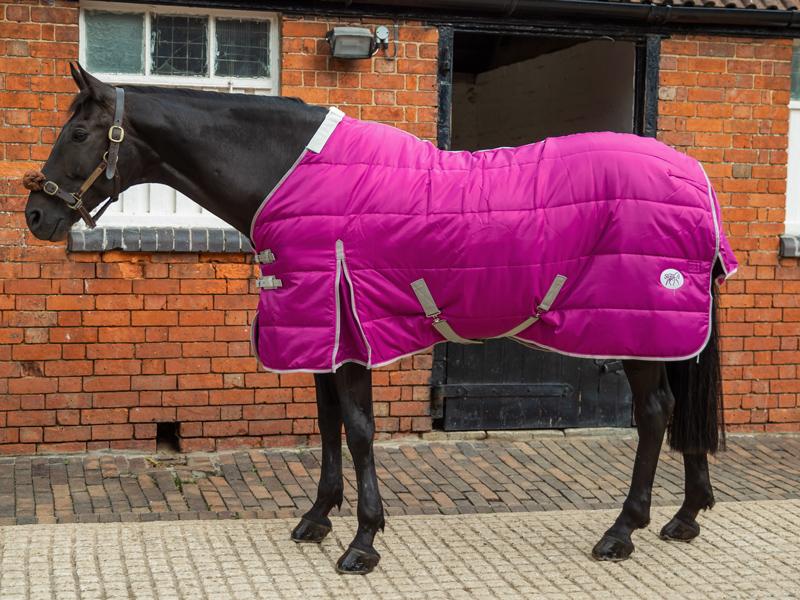Ensuring your horse is well-behaved and safe around people is of utmost importance. Yet, the issue of biting can be a common problem that many equestrians face. Knowing how to stop a horse from biting is a skill that blends knowledge, patience, and strategy. This guide discusses various methods to handle this behavior. Employing these techniques correctly can lead to a tremendous change in your horse’s behavior.

Why Do Horses Bite?
To solve any behavioral issue, one should start by understanding its root cause. Biting in horses can be attributed to several reasons. Here are some of the prominent ones:
Natural Instincts
Horses may bite as part of their natural instincts. Its a remarkable way they would sometimes explore their environment or assert dominance among the herd.
Pain or Discomfort
Horses might bite because they are in discomfort. Analyzing their health by visiting a vet and determining if there may be pain involved is critical. For more on recognizing pain signs, you can check how to tell if a horse is lame.
Training a Horse to Stop Biting
Training a horse to cease biting requires patience, consistency, and understanding of your horses behavior.
Using Positive Reinforcement
Positive reinforcement is a life-changing and highly recommended method. Rewarding your horse when it exhibits good behavior creates a positive association.
Redirecting the Behavior
This approach involves redirecting your horse’s attention away from biting. Employ toys or activities to keep them engaged.
Professional Training and Support
Sometimes, the issue might necessitate professional help. Enlisting a professional horse trainer can be a terrific technology to modify behavior in an effective manner.
The Role of a Trainer
A tremendous insight into your horse’s behavior can be achieved by a trainer who understands specific behavioral patterns.
Ensuring Consistency in Training
Consistency is a crucial factor while training your horse. It is unmissable to keep reinforcing positive behavior every time.
Creating a Routine
Develop a training routine that fits well with your horse’s natural patterns and behavior. To learn about bonding, consider reading how to bond with your horse.
Environment and Management
A delighted horse is less likely to engage in biting. Proper management of their environment ensures mental and physical wellbeing.
Safer Pastures
Providing your horse with a safe and calm pasture helps them relax and feel secure.
Handling and Grooming
Proper grooming methods are vital for preventing discomfort associated with poor maintenance. Learn more through this external guide on grooming.
Addressing Underlying Health Conditions
Never overlook any underlying health conditions that may be prompting the biting behavior. Always consult with a veterinarian for a comprehensive checkup.
Feeding Practices
Ensure your horse’s diet is adequate and suited to their specific nutritional needs.
Addressing Specific Types of Biting
Biting can vary greatly from horse to horse. Its even categorized based on circumstances and types:
Playful Biting
Often seen in young horses, biting in a playful manner can generally be controlled through effective training and socialization.
Aggressive Biting
This requires immediate attention, usually needing more comprehensive training and should not be encouraged in any manner.
Conclusion: Reaping the Rewards of Patience and Consistency
Training your horse to stop biting is a shocking yet delightful journey that brings noticeable benefits to your relationship with your horse. With consistent efforts and the right strategies, you can expect a significant improvement in behavior.

FAQ Section
-
Why does my horse nip even without provocation?
It’s essential to understand if it’s a form of playfulness or discomfort.
-
Is biting a sign of affection in horses?
Not usually, biting often indicates discomfort or dominance rather than affection.
-
Should I get professional help for a biting horse?
If the biting continues despite your efforts, seeking a professional trainer can be beneficial.